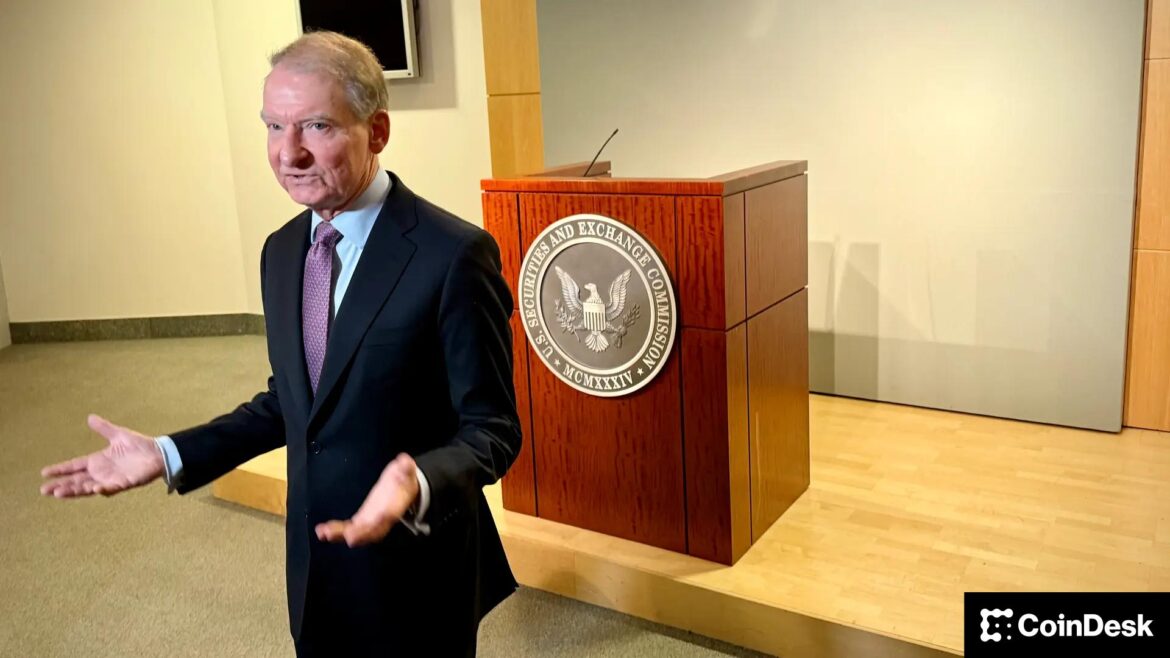Amid the growing buzz surrounding crypto ETFs, REX-Osprey. the first U.S. investment fund to launch XRP and DOGE ETFs, has celebrated a major milestone, according to its recent X post.
Following its announcement, the U.S.-based ETF issuer revealed that its suite of exchange-traded funds (ETFs) has surpassed a massive $500 million in combined assets under management (AUM), thanks to the recent launch of its Dogecoin and XRP ETFs.
The achievement marks a significant milestone for the firm, coming just months after REX-Osprey debuted its flagship ETF, $SSK, the first U.S. Solana staking ETF. Soon after, the firm expanded its offerings with three additional products tied to XRP, Dogecoin, and Ethereum.
Speculators note that the fund has continued to record strong daily inflows, largely driven by demand for the XRP and DOGE ETFs, which have collectively pushed its AUM volume to $500 million.
Just last month, REX-Osprey added $XRPR, the first U.S. spot DOGE ETF, and $ESK—the first U.S. ETH staking-focused ETF, expanding its lineup of crypto investment products.
Notably, these multiple offerings have allowed REX-Osprey to broaden investor access to both spot crypto exposure and staking strategies.
Crypto ETFs in spotlight as leveraged filings emerge
With REX-Osprey surpassing half a billion dollars in AUM, the milestone underscores rising investor demand for diversified crypto exposures that go beyond conventional investment products.
The milestone also coincides with Defiance ETFs’ decision to file for nearly 50 leveraged ETF products, including 3X exposure strategies tied to single stocks, other ETFs, and even crypto ETPs, according to a Bloomberg representative in a recent X post.
While these moves highlight growing interest and confidence in crypto ETFs, they also suggest that issuers are seeking alternative avenues for crypto exposure amid the ongoing government shutdown that has slowed ETF approvals.










